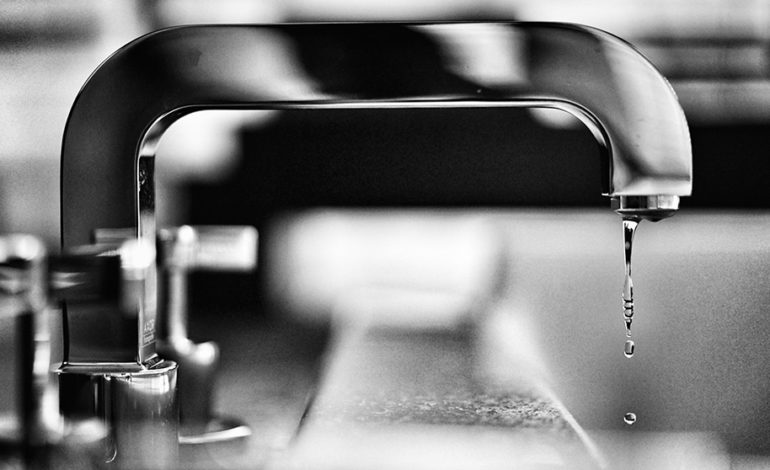DEARBORN HEIGHTS – In 2018, the Michigan Safe Drinking Water Act (MSDWA) was changed to include more stringent procedures for testing and analysis for lead and copper. The new regulations are intended to have a more proactive approach in monitoring each community’s lead and copper levels.
Since 1992, the City of Dearborn Heights, which has close to 22,000 residential water customers, including approximately 175 houses with lead pipes (or roughly 0.8 percent) that connect to the city’s water main, has regularly tested for lead and copper. The MSDWA changed what is to be tested, and how the testing is to be done. As a result of these changes, Dearborn Heights and other Michigan cities expected that exclusively testing homes with lead service pipes would potentially have higher lead levels.
This expectation was realized when, in August 2019, in accordance with the MSDWA, Dearborn Heights tested 30 of the 175 houses with lead service pipes. Of these thirty houses with lead pipes, five houses showed levels above the new state standard (15 ppb), triggering a public advisory and public education campaign. The testing under this new method resulted in a rating of 34 ppb.
As a proactive measure, the City is alerting all of its water customers whether their house has lead service pipes or not and some practical steps they can take to reduce the risk to lead exposure, particularly for those whose houses have lead service pipes. While the Action Level exceedance is not a health-based standard nor a violation of the Michigan Safe Drinking Water Act, the City does want the public to be aware of this change, our results and what it means to them.
“The intent is not to scare the public, but let them know the City is proactively working to test and address known lead service leads in the City and work with the state and with property owners who want to improve water quality in their homes,” said Mayor Paletko.
There will be more testing and an extensive public education campaign
To start the public education process, the City has set up a dedicated webpage on its website at //www.ci.dearborn-heights.mi.us/residents/lead_testing.php that features a host of information to further inform the public.
The page includes steps the public can take to do home tests and learn about further resources with the State of Michigan and Wayne County Health Division.
In Dearborn Heights, it is important to know the source of water, and the process used to treat it, have not changed. If anyone has questions, please visit the city’s website for further information.
From the city’s public advisory notice:
If your water has not been used for several hours, run the water before using it for drinking or cooking. This flushes lead-containing water from the pipes. Additional flushing may be required for homes that have been vacant or have a longer service line.
Run your water to flush out lead-containing water.
– If you do not have a lead service line, run the water for 30 seconds to two
minutes, or until it becomes cold or reaches a steady temperature.
– If you do have a lead service line, run the water for at least five minutes to flush
water from the plumbing of your home and the lead service line.
Consider using a filter to reduce lead in drinking water.
– The Michigan Department of Health and Human Services recommends that any household with a child or pregnant woman use a certified lead filter to remove lead from their drinking water. Look for filters that are tested and certified to NSF/ANSI Standard 53 for lead reduction.
– Be sure to maintain and replace the filter device in accordance with the manufacturer’s instructions to protect water quality.
In conjunction with the City, the Wayne County Health Division will provide complimentary water filters for economically disadvantaged members of the City who meet State mandated thresholds at the Dowdait Room at the Justice Center, 25637 Michigan Avenue, Dearborn Heights, 48125 on the following days
• Wednesday, October 23, from 2:00-6:00 p.m.
• Thursday, October 24, from 2:00-6:00 p.m.
• Friday, October 25, from 2:00-6:00 p.m.
To qualify, your household must have at least one of the following:
– A child under age 18 living there.
– A child under age 18 spending several hours every week at least three months of the year there.
– A pregnant woman living there,
And your household has at least one of the following:
– Someone receiving WIC benefits and/or Medicaid insurance.
– Difficulty affording a filter and replacement cartridges (filters cost about $35 and replacement cartridges cost about $15.)
The Michigan Department of Environment, Great Lakes and Energy or EGLE (formally the MDEQ) is the state department that evaluates compliance with the Action Level of all lead and copper results collected in each round of sampling.
More information on their program can be accessed at www.michigan.gov/MILeadSafe.






Leave a Reply